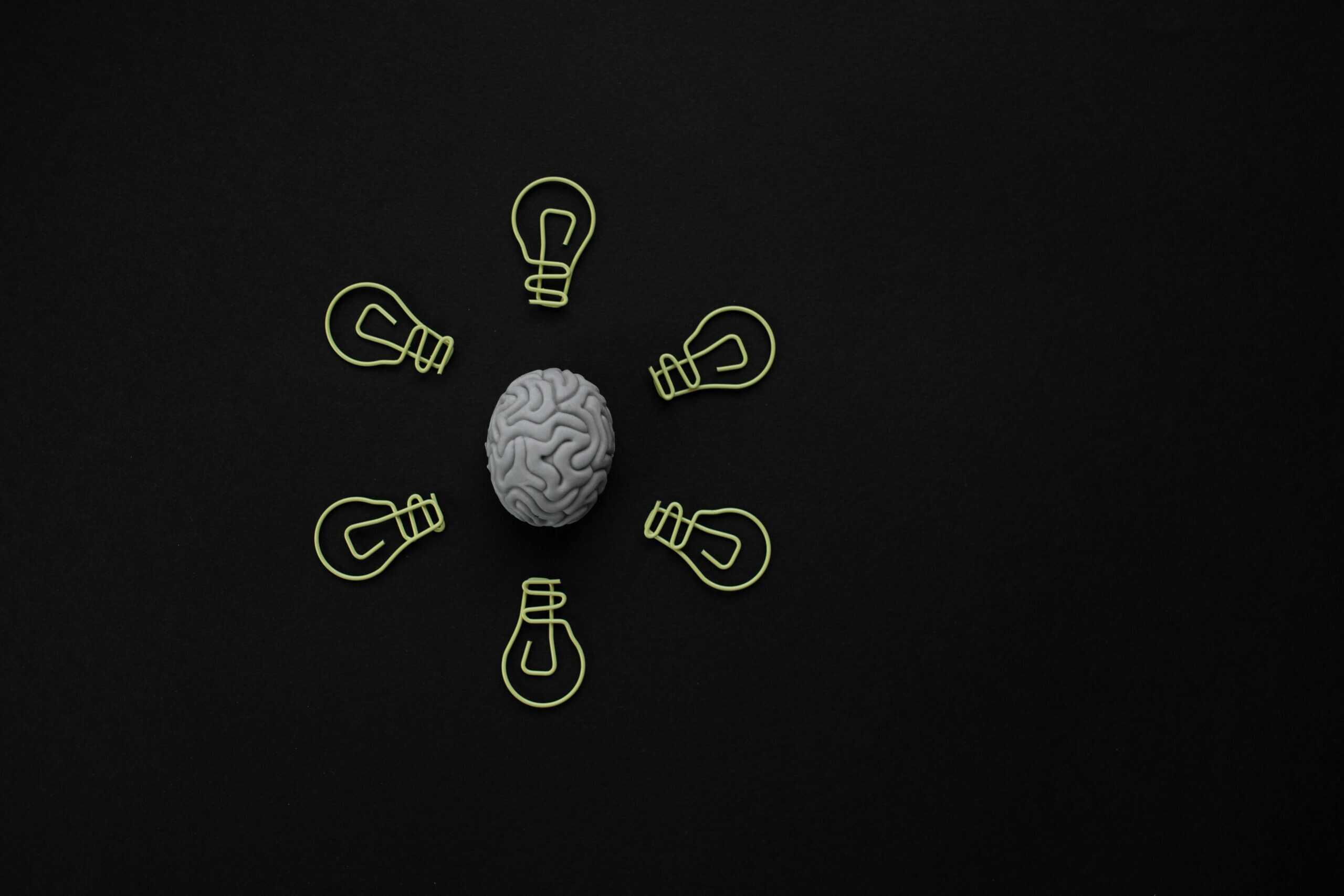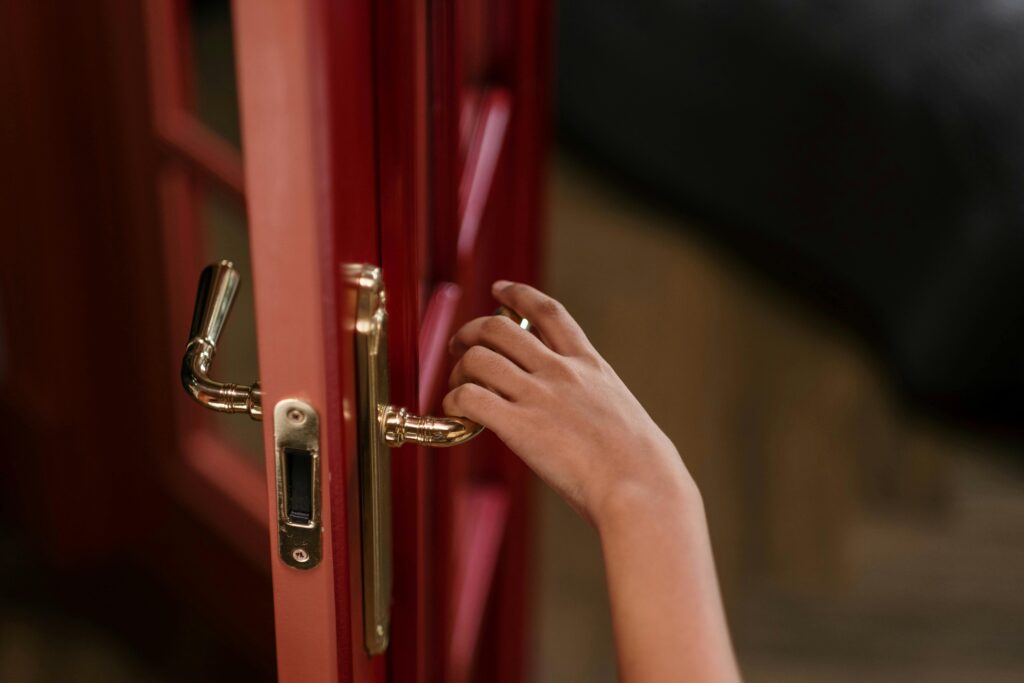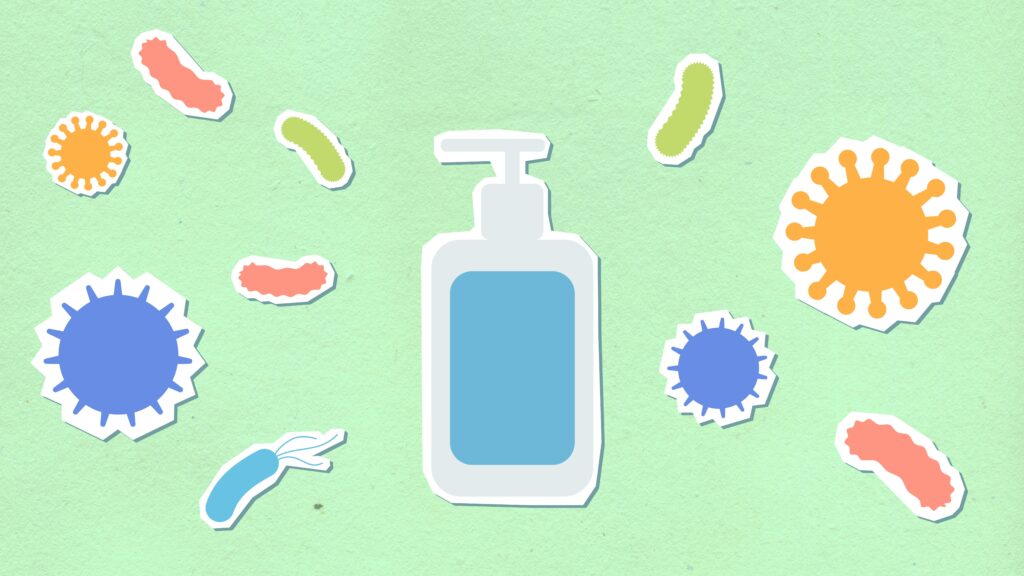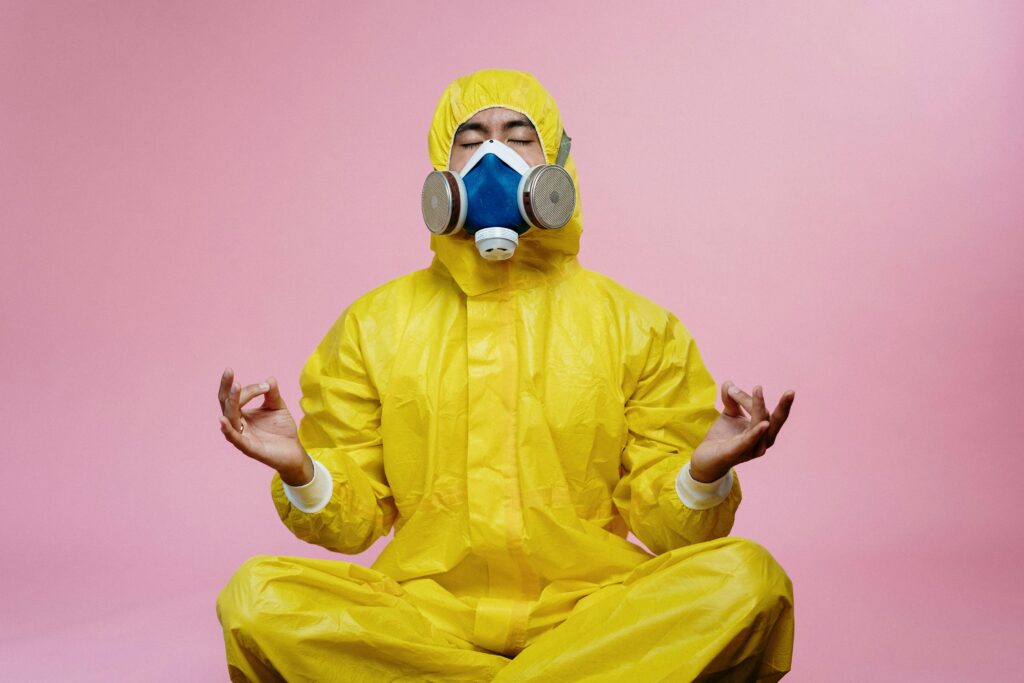
In today’s world, cleaning isn’t just about making things look neat; it’s also a powerful way to support our health and well-being. From reducing allergens and bacteria to boosting mental clarity, maintaining a clean space can make a significant impact on physical and emotional health.
In this guide, we’ll explore why regular cleaning is essential for a healthier lifestyle and how it supports wellness in ways we may not immediately see.
1. Reducing the Spread of Illness-Causing Germs
A clean space minimizes the presence of bacteria, viruses, and other pathogens that can lead to illnesses. High-touch surfaces like doorknobs, countertops, and shared devices are magnets for germs, but regular cleaning and disinfecting can reduce the risk of spreading infections. For families, workplaces, and especially places with vulnerable individuals, this is essential to protect everyone’s health.
- Tip: Use disinfecting wipes or solutions on frequently touched surfaces daily, especially during flu season, to reduce the risk of infection.
2. Boosting Mental Clarity and Reducing Stress
A cluttered or dirty environment can often lead to feelings of anxiety and overwhelm. Studies show that tidy spaces can enhance focus, improve mood, and reduce stress, especially for those who work or spend extended time in these areas. When everything has its place, it creates a sense of calm and control, allowing us to think more clearly and feel less distracted.
- Tip: Start by decluttering one area at a time. Even spending five minutes organizing a single drawer or shelf can bring an immediate sense of accomplishment.
3. Improving Indoor Air Quality
Dust, pollen, pet dander, and mold can accumulate indoors and lead to respiratory issues, particularly for those with allergies or asthma. Vacuuming, dusting, and air-purifying routines can help improve the air quality in your home, creating a safer environment for everyone.
- Tip: Use a vacuum with a HEPA filter to capture fine particles, and consider adding an air purifier to spaces with limited ventilation.
4. Supporting Physical Health Through Active Cleaning
Cleaning itself is a form of low-impact exercise that can contribute to physical health. Activities like vacuuming, sweeping, scrubbing, and organizing involve movement, bending, and stretching, which can help improve flexibility and keep you active without needing a formal workout routine.
- Tip: Turn on some music and treat cleaning as a mini workout. Breaking a sweat while cleaning can make it a fun and effective way to stay active!
5. Protecting Vulnerable Individuals
For people with compromised immune systems—such as young children, the elderly, or those with chronic illnesses—a clean environment is crucial. Routine cleaning practices, especially in shared spaces, help to create a safer atmosphere that reduces potential health risks.
- Tip: Prioritize disinfecting and vacuuming in areas where vulnerable family members spend the most time. Make sure to use gentle, fragrance-free products if sensitivity is a concern.
Making Clean Spaces is a Habit, Not a Chore
A clean environment is more than a spotless appearance—it’s about creating a space that actively supports the health and well-being of everyone who enters. Adopting regular cleaning routines, choosing safer products, and prioritizing key areas can make maintaining a healthy environment easy and sustainable. And if you need an extra hand, Helping Hands is here to make sure your space stays as health-focused as it is welcoming.



